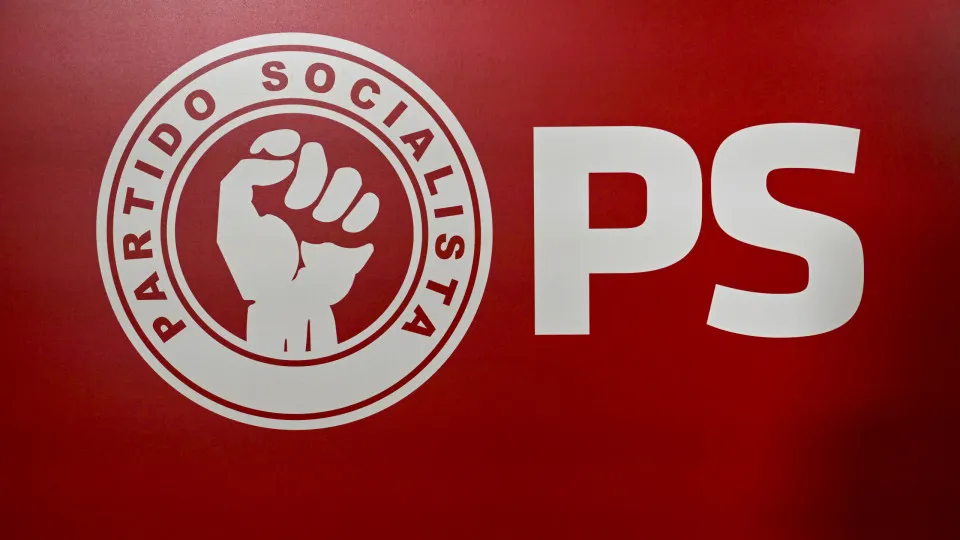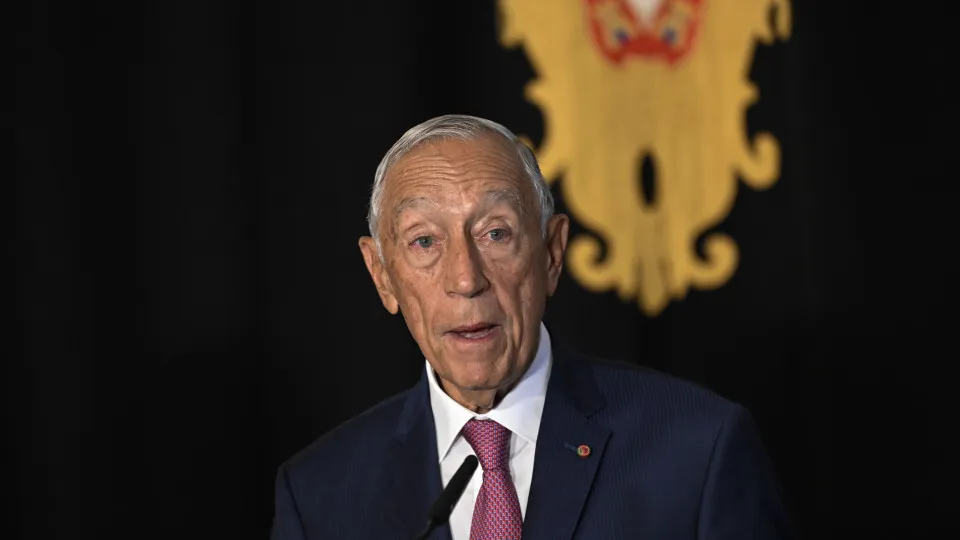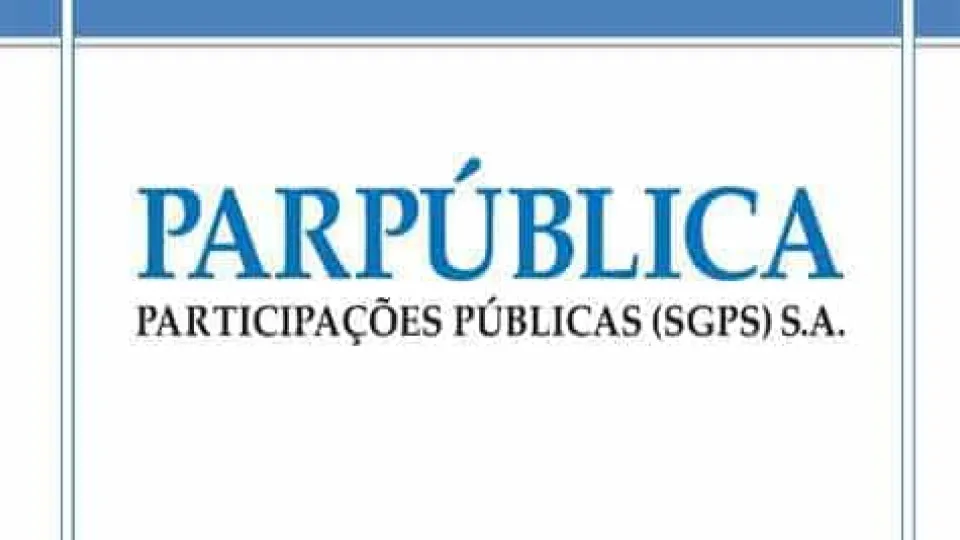
At the 30th United Nations Conference on Climate Change (COP30), Maria da Graça Carvalho addressed the findings of the Climate Change Performance Index 2026 (CCPI) released today.
Portugal improved its rank by three positions, remaining among the top-rated countries. However, experts point out the ongoing rise in transport emissions, prompting environmentalists to call for measures discouraging car usage and promoting public transport.
The environmental association Zero, involved in compiling the index, argued that despite improvements in public transport, there are still “dramatic problems in supply, mainly in rail transport,” which fails to meet peak time demand in metropolitan areas.
Construction of several public transport lines in Lisbon and Porto has been delayed, and planning is “completely failing.”
Reacting to the situation, the minister stated that the government has secured the necessary funding for transportation, including light rail, the Lisbon metro, the Porto metro, new trains, railway lines, and ferry boats across the Tagus River.
However, “there are successive delays due to litigation and market delivery failures, resulting in great difficulty in executing transport projects,” she said.
Emphasizing the importance of quality electric public transport, the minister noted that Infrastructure and Housing Minister Miguel Pinto Luz is addressing existing barriers and exploring ways to expedite projects.
She cited the exemple of CP train carriages that were stalled for about two years because a bidder in a public tender contested the selection of another candidate in court.
“The original bidder eventually prevailed, but the project became more expensive. Portugal lost over 100 million euros due to the two-year delay,” she recalled.
Maria da Graça Carvalho mentioned that “litigation in Portugal is seldom absent,” whether from competitors, communities, or local authorities.
Regarding potential solutions, the minister suggested revising the system to shorten the timeframes for legal challenges.
The Zero association also pointed out that the “very high weight” of road transport in pollutant emissions is also due to the lack of a fiscal policy to combat it, specifically by implementing the EU-required fuel tax or an effective carbon tax.
When asked, the minister stated the government aims to phase out discounts on the Oil and Energy Products Tax introduced during the pandemic, though this is being done gradually.
The reductions are being aligned with oil price fluctuations, she explained.
If discount reductions coincide with rising oil prices, it significantly impacts people, so the government is using periods of falling oil prices to adjust the tax incrementally, phasing out the discount.




